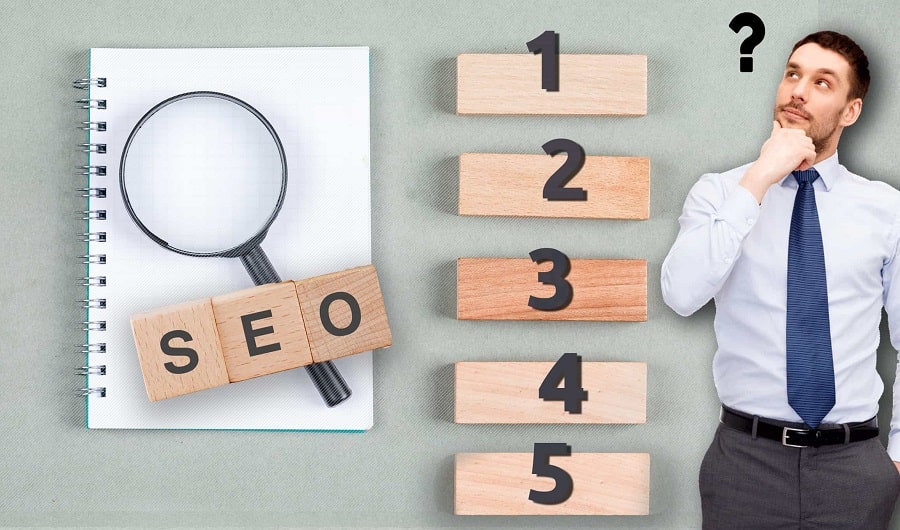
What is SEO?
The term ‘SEO’ (Search Engine Optimisation) refers to optimising a page to get it to the top of the search engines. Such platforms set their own requirements for web resources. The pages are promoted by SEO-optimisers – employees who know how to attract the target audience to the site. Good specialists are hired by large companies who want to increase sales, promote services or make the brand attractive to consumers.
Search Engine Optimization: What is it?
When a search query is made, a set of sites are displayed in a particular order. It is not set randomly by the system but based on algorithms. The list of web resources that appear after a query set is commonly referred to as search engine results. The purpose of SEO – to place the page to be promoted as high as possible in these rankings. Optimally, it is located on the first line.
Search engine rankings are constantly changing. There are several features in this segment:
- the display of pages is influenced by the location, i.e. the IP address (most sites determine it automatically);
- Search results vary depending on the gadget being used to access the Internet;
- the user’s preferences and the previously accessed sites change the ranking;
- the position of web resources depends on the time of the day.
On Google and other popular systems, advertising pages are at the top of the rankings. Discontinuity – a distinctive feature of search engines. The task of SEO-optimizer to increase the place of the page in extradition, while maximizing the period of its presence on the top lines. Attention is paid to geography, as it is important for the content to reach the target audience.

Peculiarities of SEO-promotion
It is difficult to make SEO work. For this, experts have developed a set of rules. Following the recommendations will save you from common mistakes and allow you to achieve your goal. Here is a list of useful tips:
- the presence of keywords from search queries;
- Specifying meta tags that define the theme of the content;
- adapting the layout for mobile gadgets;
- not using too many specific lexical units (spam).
Content should not only be “saturated” with keywords, but also made useful. Most search engines take into account the time the user is on the web-resource. If a visitor enters the site and immediately leave it, the system lowers the page in the rankings or blocks it. Links from other resources and sites to the content provided are a good result.
The purpose of SEO is to demonstrate to the search engine the usefulness of the resource, fast loading, and user satisfaction. The platform evaluates each parameter separately. After analysis, the overall page rank is displayed for a thematic query. The algorithms and principles of how the list of results are generated are kept secret by search engines.
Differences from paid advertising
Sometimes SEO is substituted with the concept of marketing, which is fundamentally wrong. Contextual advertising appears with a special marking. For this, the client pays the search engine money. The essence of SEO-optimization is to save money. Thanks to the usefulness of the content, the creators of the web resource can not pay for promotion. In reality, advertising becomes more profitable, but small companies do not have enough money to use this service regularly.
Thus, SEO is an effective tool for promoting websites in search engines. The method makes it possible to increase traffic, attract potential clients, and create prospects for business and project development.
